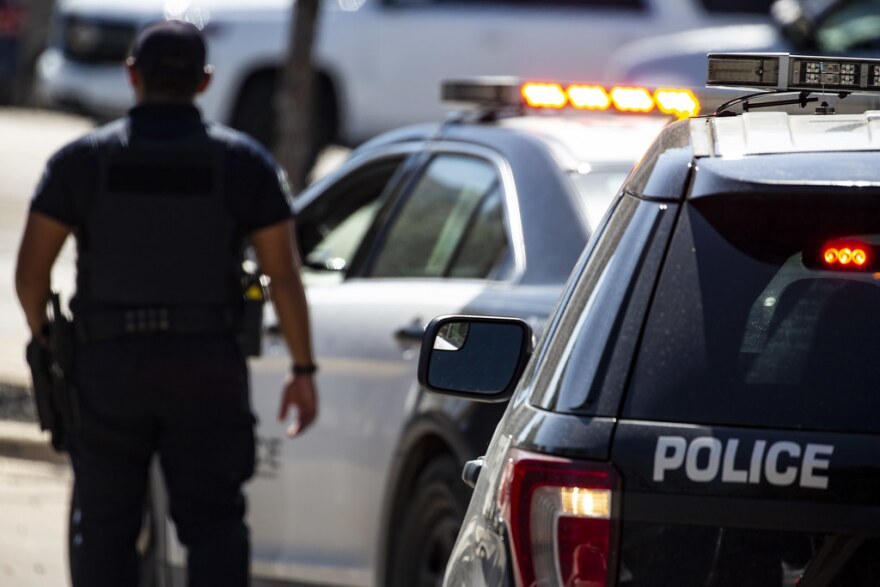The Austin Police Department announced Thursday it will stop ticketing and arresting people for low-level and nonviolent marijuana offenses – six months after the City Council asked the chief to adopt the policy and he refused.
“Although the police chief should have made this change the day after the City Council passed my resolution directing this … it finally happened today because of continued community advocacy,” Council Member Greg Casar, who represents North Central Austin, said.
In January, City Council members voted against paying for marijuana testing except in the case of high-priority felonies, such as violent or trafficking cases; in doing so, they effectively decriminalized small amounts of weed in the city.
Testing became essential after the state Legislature passed a bill legalizing hemp last summer. House Bill 1325 specified that a substance is marijuana, and not hemp, when it contains at least .3% THC, the ingredient that gets people high. The law created a loophole through which prosecutors, including those in Travis County, began dismissing misdemeanor and some felony cases, saying they didn’t have the resources to prove with a test that a substance wasn’t hemp.
In many cases, that meant people who were cited for possession were then turned away when they showed up to court. Some police departments, including the Round Rock department, responded by stopping tickets and arrests for small amounts of marijuana.
But the day after the Austin City Council's vote, Police Chief Brian Manley said Austin police would not do that; they would continue citing and arresting people for low-level marijuana offenses, since pot possession remained illegal under state law.
"At this point, nothing will change,” Manley said in January. “We will handle it as we have."
The department had already begun to cut down on the number of people it ticketed and arrested for small amounts of pot. In 2018, City Council members asked the department to decrease these encounters, noting the disproportionate effect on Black people; that same year 36% of people ticketed for marijuana possession were Black – in a city where they make up only about 8% of the population.
In response, the number of people arrested for low-level marijuana offenses has dropped by 83% since 2017.
On Thursday, Manley sent a memo to the mayor and council members saying the department “will no longer cite or arrest individuals with sufficient identification for Class A or Class B misdemeanor ‘possession of marijuana’ offenses, unless there is an immediate threat to a person’s safety or doing so as part of the investigation of a high priority, felony-level narcotics case or the investigation of a violent felony.”
Casar, who wrote the resolution passed in January, hailed it as the first among several police reforms he hopes council members can enact since demonstrators took to the streets to protest systemic racism and police killings.
“This victory is only a small step compared to the much more transformational change we need to make this summer on police budgets and police practices,” he said.
This story has been updated.
Got a tip? Email Audrey McGlinchy at audrey@kut.org. Follow her on Twitter @AKMcGlinchy.
If you found the reporting above valuable, please consider making a donation to support it. Your gift pays for everything you find on KUT.org. Thanks for donating today.







